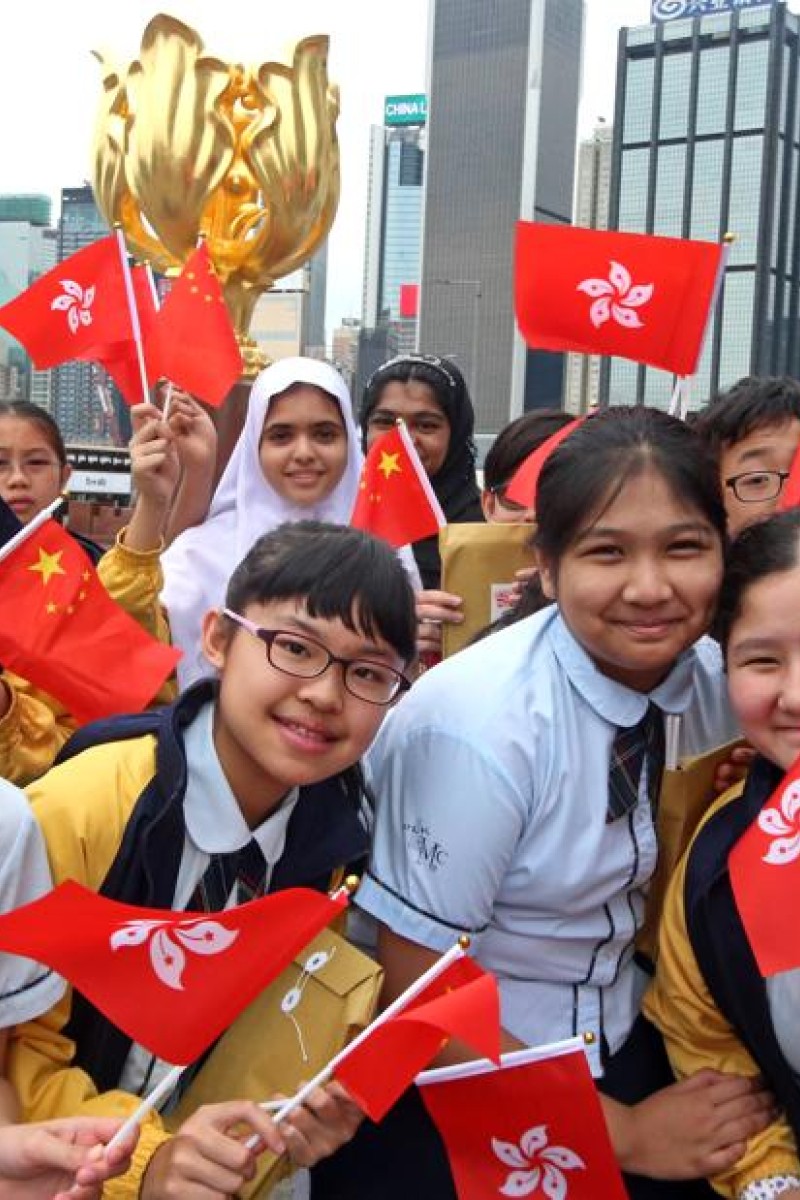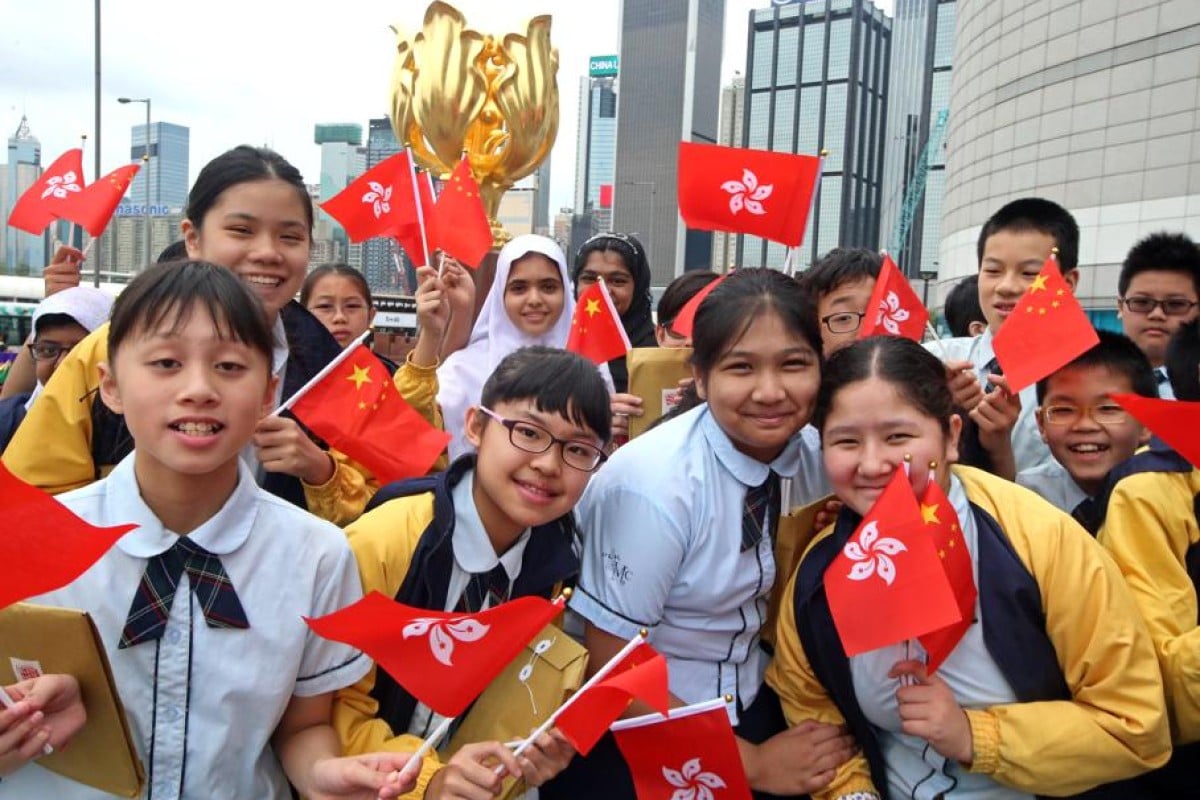
Announcement by chief executive Carrie Lam revived fears of a push for controversial national education curriculum
 Chinese history is already taught as a separate subject in 89 per cent of schools.
Chinese history is already taught as a separate subject in 89 per cent of schools.All Hong Kong secondary schools will be required to teach Chinese history as an independent compulsory subject at the junior levels from next year, the city’s leader Carrie Lam Cheng Yuet-ngor has announced.
The move revived fears of a renewed push for a controversial national education curriculum.
A source stated that the policy would be implemented across all junior secondary levels in the next school year, from Form One to Form Three.
The subject is currently already taught in all secondary schools at the junior levels but not always as an independent subject. According to last year’s figures, 89 per cent of the schools offered it as an independent subject, while others combined it with world history.
While the move might appear simply an extension of the current situation to cover this remaining batch of schools, observers said it was symbolically important as it showed the government’s insistence on standardising teaching of the subject for every Hong Kong pupil.
The lack of attention to Chinese history and how it is taught had been singled out by Hong Kong’s pro-establishment politicians since a year ago, with some blaming the shallow understanding of the mainland’s past among many young people for separatist sentiment in the city.
Lam’s announcement comes as the managements of several universities in Hong Kong remain in a fight with students over whether separatism-themed materials should be allowed on campuses, especially in areas managed by student unions.
But with the government’s Education Bureau still conducting a second stage consultation on a revised junior secondary Chinese history curriculum, critics questioned why the government appeared in a hurry to implement the policy.
“First there was the Basic Law education requirement [for all schools to provide 39 hours of such lessons at the junior secondary level], and then brainwashing content in subjects such as general studies and liberal studies,” Ted Hui Chi-fung, an education spokesman for the Democratic Party, the city’s largest opposition party, said. “You can sense political undertones in the move.”
Hui expressed concern that the policy would be the first of many more subtle roundabout ways to revive national education, despite the government saying it did not feel the need to push for a separate national education subject.
But Lee Wai-hung, chairman of the Association of Chinese History Teachers, welcomed the move to make the subject independent across the board but noted logistical difficulties in implementing it with less than a year to go until the next school year begins.
At a consultation on the revised curriculum last year, some educators were concerned about too much emphasis being put on positive aspects of China’s history such as unification and prosperity, and too little on the negatives such as the disorder and decline of different eras.
Currently, the Chinese history curriculum spans ancient times to modern history, up to the 2000s. The revised curriculum proposes including more aspects of contemporary history and focusing less on ancient history, while adding topics relating to Hong Kong’s history for the first time.
But there will be flexibility for teachers to decide on the actual teaching materials.
“I will leave the content of what will be taught in Chinese history classes to experts and will not pretend to be an expert,” Lam said during her press conference after her policy speech.